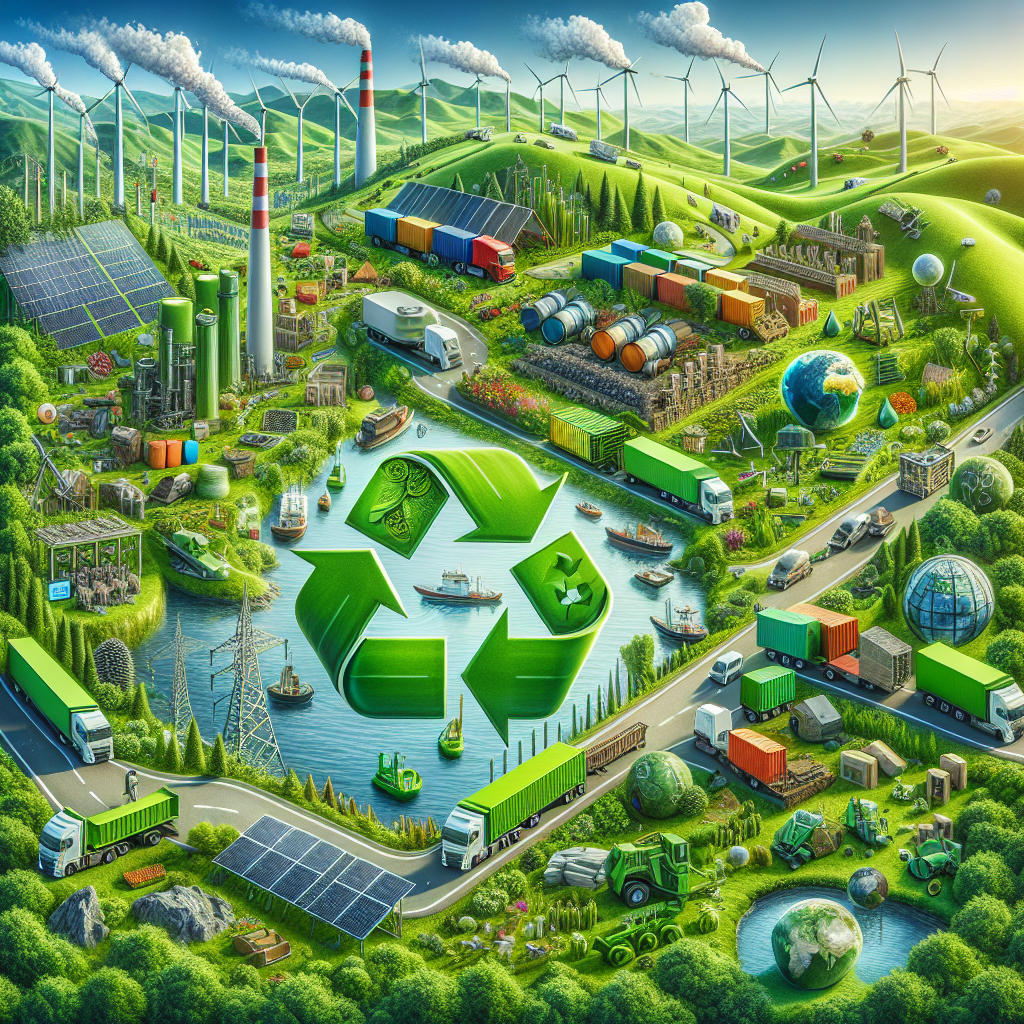Blog Ecobraz Eigre

Reverse logistics and COP30: the missing link in the green transition
Reverse logistics is key to the green transition debated at COP30, connecting sustainability and the circular economy. This article explores its vital role, challenges and solutions for the sustainable future.
Understanding reverse logistics
Reverse logistics refers to the process of returning products and materials from the consumer to the initial point, with a view to reuse, recycling or environmentally appropriate disposal. It is an essential strategy in waste management and in mitigating the environmental impacts caused by unbridled consumption.
The importance of reverse logistics at COP30
COP30, a global conference focused on climate change, has highlighted the urgency of sustainable actions and the green transition. In this context, reverse logistics has emerged as the missing link in enabling an efficient circular economy, allowing resources to be reused, reducing the extraction of raw materials and carbon emissions.
Challenges faced in implementing reverse logistics
Despite its potential, reverse logistics still encounters significant barriers. Inadequate infrastructure, a lack of public awareness and regulatory difficulties impact the efficiency of this process. The lack of integration between sectors prevents more efficient operations and the expansion of the reach of this practice.
Success stories and good practices around the world
Various countries have made progress in implementing reverse logistics. Separate collection models integrated with public policies, recycling incentives and community involvement have promoted the success of this strategy, demonstrating that positive impact is possible with firm commitments and coordinated decisions.
How reverse logistics can drive the post-COP30 green transition
Reverse logistics must be widely incorporated into post-COP30 environmental strategies, supporting waste reduction, encouraging sustainable design and promoting the circular economy. Investments in technology, environmental education and cross-sector partnerships are essential to turn this concept into effective practice.
Conclusion
To achieve the goals of the green transition and mitigate climate change, reverse logistics is an indispensable and still under-exploited tool. COP30 highlights the urgent need to integrate this practice into global plans, ensuring a more sustainable and resilient future for generations to come.

Deixe um comentário
O seu endereço de e-mail não será publicado. Campos obrigatórios são marcados com *